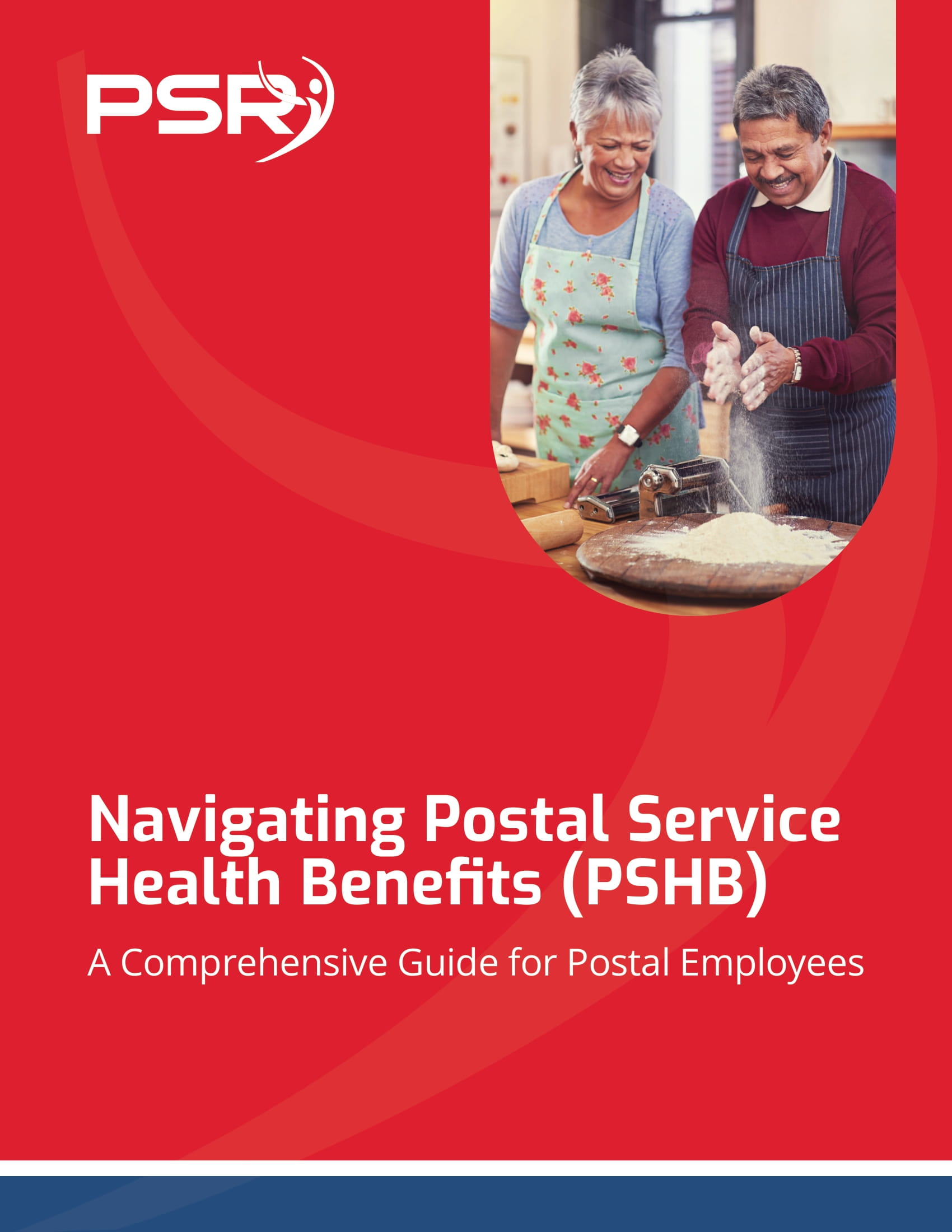Suppose you have not reached the full retirement age (FRA) and are earning above a certain income limit, known as the retirement earnings test exempt amount. In that case, the Social Security Administration (SSA) will withhold some of your benefits.
Below is a detailed explanation of how the retirement earning test operates and affects your Social Security payments.
Social Security will withhold a little from your benefits payments if you earn a higher income based on age. Social Security Administration (SSA) can stop or reduce your Social Security payouts if you have not reached the full retirement age (FRA), are learning above the defined income limit, or have started claiming benefits. You should know that your FRA depends on your birth year.
- Also Read: Divorce and Your Federal Pension—What Happens When You Split Assets and How It Could Affect Your TSP
- Also Read: What Happens to Your Federal Benefits After Divorce? Here’s the Lowdown
- Also Read: The Best FEHB Plans for 2025: Which One Fits Your Lifestyle and Budget the Best?
Your Social Security payment will be reduced if you currently receive benefits while working and have not attained the full retirement age (FRA). In this case, Social Security may withhold $1 forever extra $2 you earn above the earnings limit. The monthly and yearly earnings limits in 2022 are $1,630 and $18,960, respectively.
However, if you work for six months and retire after this working period, your benefits payments after retirement will not be affected by the earning limit. The monthly earning limit is only applicable to part-time work after you start receiving benefits.
If you reach the FRA in 2022, your earnings limit will be $51,960, and Social Security will withhold $1 for every additional $3 you earn above the earnings limit. Social Security reduction only applies to months you worked before reaching the FRA if you are working in your FRA year.
If you have reached your FRA, the monthly or yearly earnings limit is no longer applicable, and you can receive the full benefits while earning any amount.
Most workers don’t know the correct definition of earnings, which is your earned income subject to self-employment and payroll taxes. If your income comes from an investment, it will not be included in the earning limit estimation. Disability and Pension payment income will not be included. Therefore, earned income is what you receive from the service you offer.
The earnings limit applies to widows and widowers receiving survival or spousal benefits if they have not reached the full retirement age (FRA). The full retirement age (FRA) for widows and widowers is 66 years. Once they reach 66 years, they can receive the entire survivor benefits without reduction because the earnings limit no longer applies.
While considering the work’s effect on your Social Security payment, knowing the difference between benefits taxation and the earnings rule is essential. You should note that about 85% of the dollar amount you receive from Social Security benefits is liable to income taxes. Income taxes are determined using a formula, and the total taxable amount will be based on your benefit income and another income source ratio.
The earning limit is another distinct rule that doesn’t influence how Social Security taxes your benefits. The earning rule no longer applies after reaching the full retirement age (FRA), but income taxes may apply for life on any benefit you receive.












